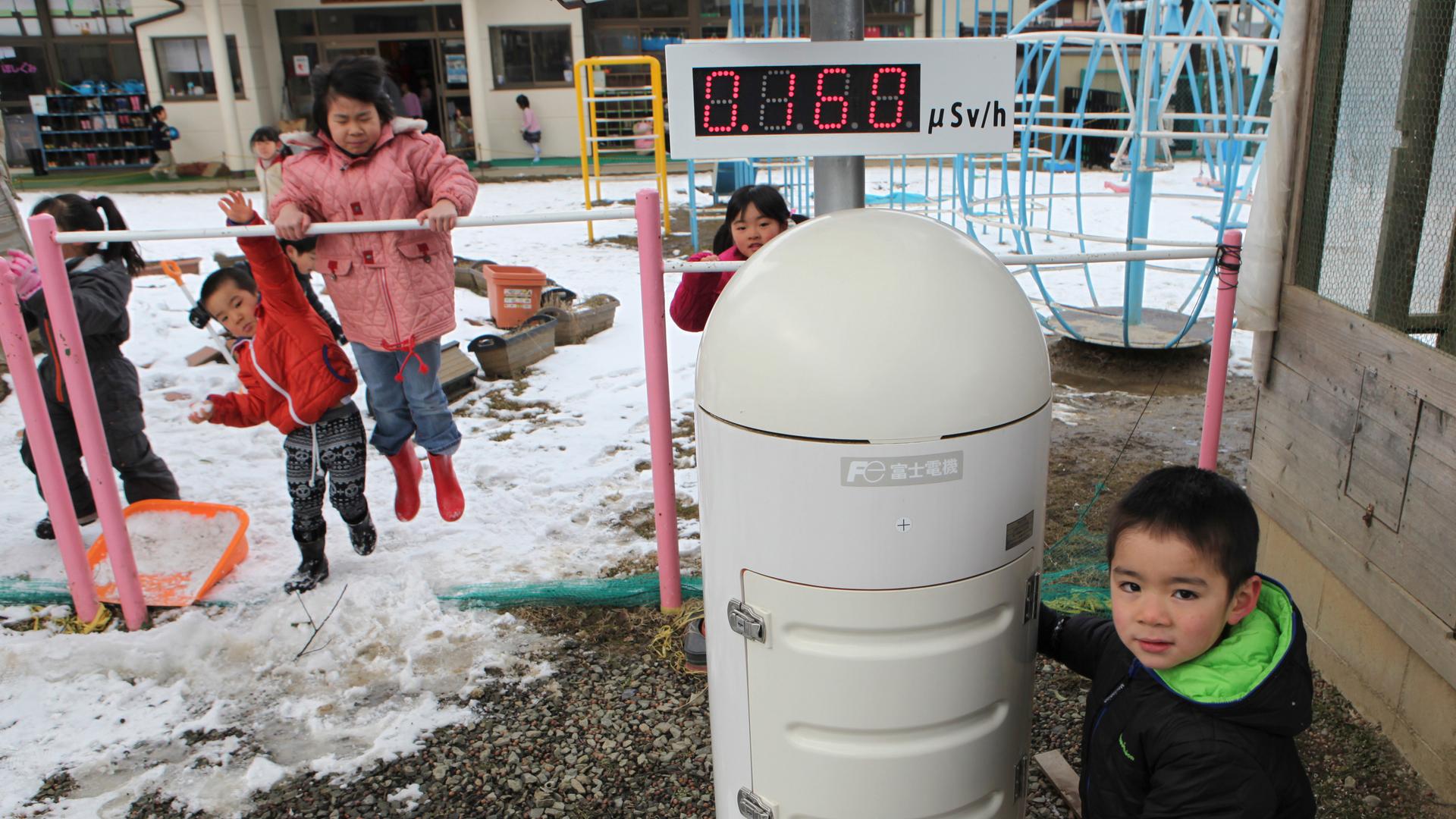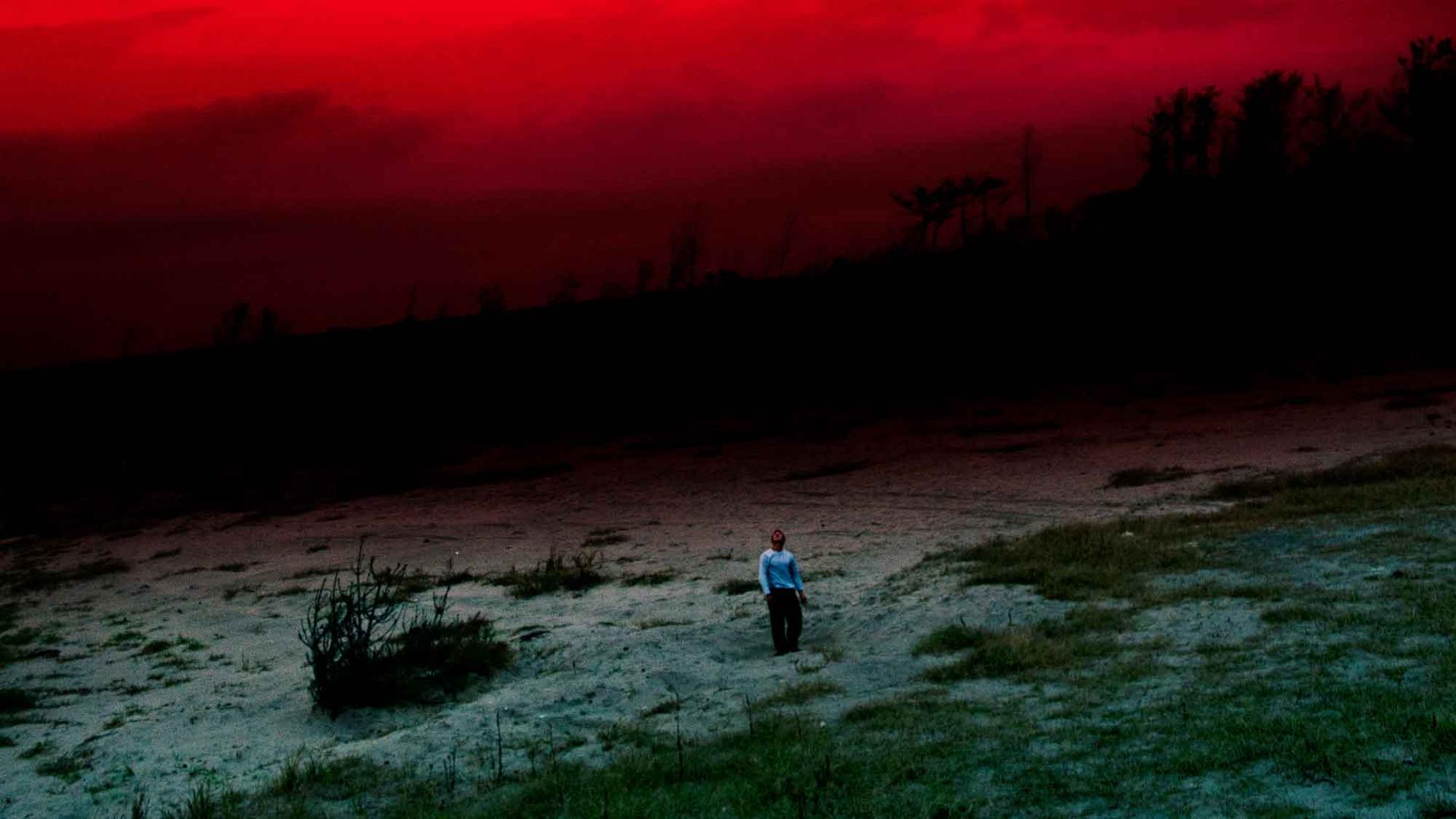Fukushima Prefecture
Some of Japan’s ‘nuclear refugees’ can finally go home — but they don’t want to
Not everyone who evacuated the area near the Fukushima Daiichi nuclear power plant four years actually had to leave. But four years later, despite government reassurances — and plenty of pressure — they say returning to their homes still isn’t safe.
Worried about radioactive ‘Fukushima’ fish in the US? Don’t be, scientists say
Nearly three years after the Fukushima nuclear disaster in Japan, many consumers in the US remain concerned about radiation in fish from the Pacific Ocean. One Seattle fisherman finally got his fish tested, and found what many scientists have also found: there’s nothing to worry about.
New clashes in Kiev, reviewing the guest list for Syria’s peace talks, and Russian fears of ‘black widows’
The situation in Kiev remains volatile, with protesters in favor of closer ties with the European Union burning buses and hurling projectiles at police. And planned Syria peace talks in Geneva this week were nearly derailed by a UN invitation to include Iran. And Russia is looking for four women it is worried may be planning suicide attacks at the Sochi Olympics. That and more, in today’s Global Scan.
A reporter covering the Fukushima nuclear meltdown actually lived through Chernobyl
There’s been no end to the ongoing disaster at the Fukushima nuclear power plant in Japan. And Yuriy Humber has a unique perspective. He’s been reporting on the Fukushima meltdown for Bloomberg News in Tokyo and also lived through the Chernobyl disaster.
As Japan struggles to contain Fukushima, U.S. facilities face tighter restrictions
The Japanese government is freezing the ground around the Fukushima nuclear plant, hoping to staunch the flow of radioactive ground water. Meanwhile, in the United States, regulators are tightening up restrictions on U.S. plants, especially those built like Fukushima.
Fukushima’s continuing struggles raise questions about America’s nuclear waste storage
Nuclear waste is piled up around the United States. Similar waste were part of the problem at Japan’s Fukushima plant, which continues to leak even 2.5 years later. That continued crisis has some asking if the U.S. is asking for trouble with its waste storage.


